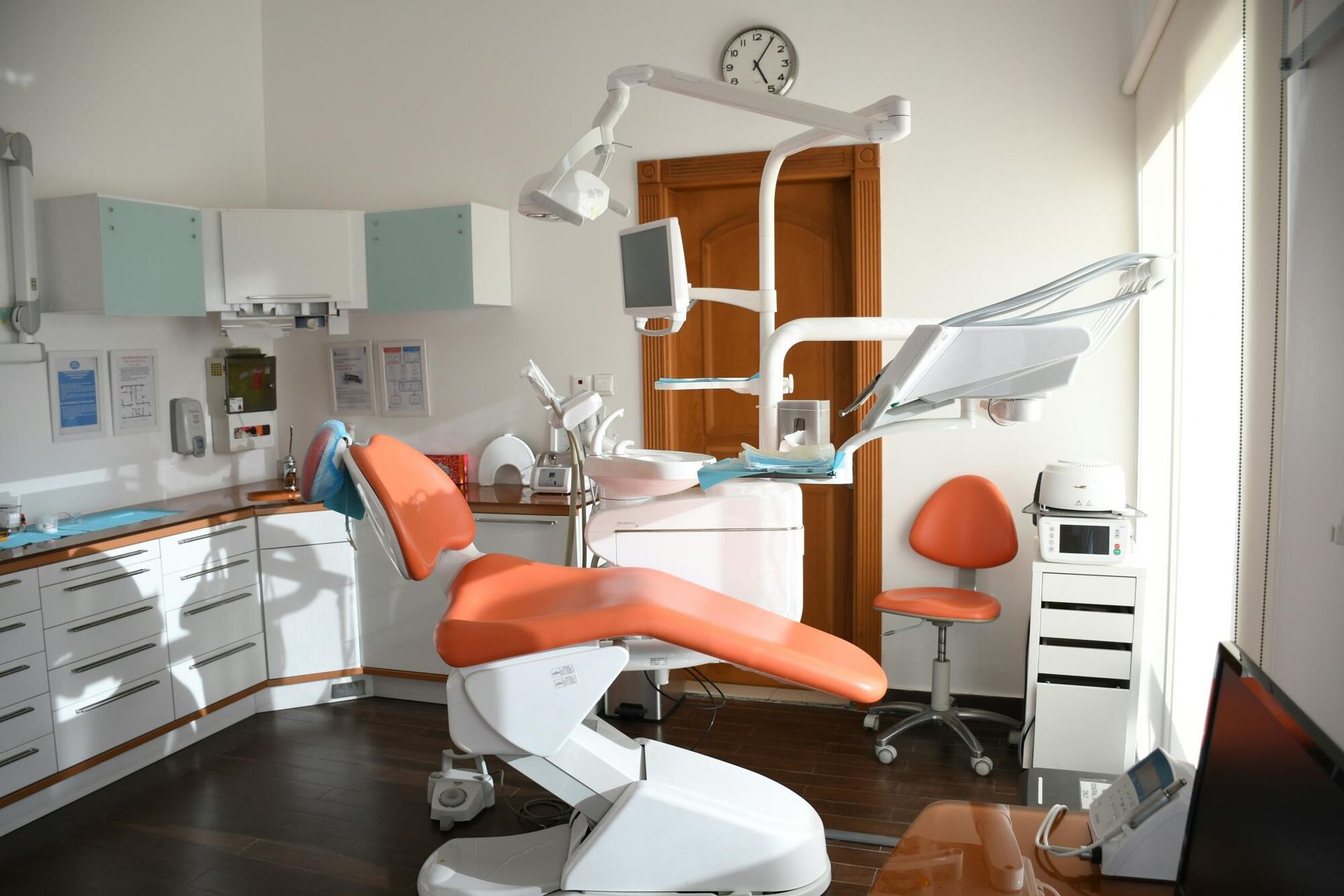The Ultimate Guide to Dental Implants: What You Need to Know
The increasing prevalence of oral diseases globally could increase the demand for dental implants, according to an analysis by Fortune Business Insights. The global market could grow from $4.73 billion in 2024 to $8.06 billion in 2032.
More people are relying on implants to restore their beautiful smiles. However, many patients are unsure what happens before and after dental implant procedures.
Is a dental transformation right for you? Read on to find out!
Before Dental Implants
Before your dental implant procedure, schedule a consultation appointment at your family dentist's office. They'll assess your smile and determine if you're an ideal candidate for dental implants. Ideal candidates:
- Have one or more missing teeth
- Are in good overall health
- Have good oral health
- Don't smoke
- Are committed to their oral hygiene
- Have enough jawbone density
After losing a tooth, your jawbone will lack the stimulation it needs. Your jawbone may begin deteriorating. This can cause wrinkles or your cheekbones to sink inward.
Without sufficient jawbone density, the implant won't remain stable. You may need to schedule a bone grafting procedure before receiving an implant.
A lost tooth gives food particles and bacteria more space to hide. Your risk of developing plaque, tartar, and cavities could increase. According to the CDC, nearly 26% of adults ages 20 to 44 have untreated cavities.
You may need treatment for a cavity or gum disease first. Your dentist can personalize your treatment plan based on your needs.
Meanwhile, 13.2% of adults ages 65 and up have complete tooth loss. Losing teeth causes the remaining teeth to shift. They could become crooked and overlap the space meant for your dental implant.
If your teeth have shifted, you may need orthodontic treatment before your dental implant procedure. This ensures your teeth are straight and in the proper place, improving your bite.
Types of Dental Implants
During your consultation appointment, your dentist will review the types of dental implants available. The two major types are endosteal and subperiosteal implants.
Endosteal implants are more common. They resemble small screws and are made of body-safe materials. Your dentist will surgically place the implant into your jawbone, where they'll replace a lost tooth root.
Subperiosteal implants are ideal for patients who don't have enough jawbone volume to support an endosteal implant. They're inserted below the gum line but aren't drilled into the jawbone.
Dental Implant Benefits
Before your dental implant procedure, talk to your family dentist about the benefits of choosing dental implants over other tooth replacement options. Here are a few dental implant benefits to consider.
Avoid Bone Loss
Remember, your jawbone may lose volume (about 25% in the first year) after you lose a tooth. Your alveolar ridge (part of the jawbone) could get broken down and absorbed. The ridge contains the tooth socket.
Getting a dental implant will reduce the risk of bone resorption. Don't delay seeking treatment.
Alternative treatment options, like dentures, can accelerate bone growth. However, they can also cause wear on the bone ridge when you speak or eat. Dental implants are more effective at preventing bone loss.
Reduce Risk
Losing a tooth gives food particles and bacteria space to hide. You could struggle to brush and floss these areas. Without proper oral care, you could develop a cavity or gum disease.
Getting a dental implant will reduce your risk. You can brush and floss thoroughly, protecting your teeth from decay.
Stability and Functionality
Unlike dentures, dental implants are stable. They won't shift when you speak or chew. Instead, they'll improve your daily ability to function.
For example, you'll have an easier time chewing hard or crunchy food. Failing to chew thoroughly can cause digestive problems. You may start cutting foods from your diet, which can cause nutritional issues.
Dental implants are anchored to your jaw. They'll provide as much bite force as your lost tooth. This ensures your ability to bite and speak.
Without a dental implant, you could develop a lisp or other speech issues. An implant will help you speak naturally, reducing self-esteem issues.
Improved Self-Esteem
You may feel self-conscious if you've lost a tooth. This may lead you to avoid social situations, which can affect your quality of life.
Before that happens, visit your family dentist in Reston, VA. They can restore your smile with a natural-looking dental implant. You'll experience a boost of self-confidence, which can benefit your everyday life.
Dental Implant Procedure
The dental implant procedure involves multiple appointments. First, your dentist will place the implant by:
- Cutting into your gums
- Drilling a hole into your jawbone
- Inserting the implant post
- Closing the hole
After the implant is placed, you'll need time to heal. Osseointegration is a two- to six-month process. During this time, new bone will grow around the screw, ensuring the implant's stability.
Afterward, your dentist will place the metal extender (abutment) onto the implant. The abutment will connect the implant and your replacement tooth (crown).
Implant Surgery Recovery
Follow your dentist's instructions regarding the implant surgery recovery process. Recovering quickly can:
- Reduce the risk of complications (infection)
- Improve the implant success rate
- Allow you to return to normal activities
Twenty-four hours after your surgery, follow a soft food diet. Avoid strenuous activity. Instead, give yourself time to rest and heal.
According to the National Library of Medicine, the dental implant success rate is over 97% for 10 years. However, factors that affect success include:
- Smoking
- Underlying medical conditions
- Having an inexperienced surgeon
- Gum disease
- Poor dental maintenance
Prioritize your oral health while you heal. Don't forget to schedule follow-up appointments with your dentist. They'll assess how you're healing and the implant's condition.
Before and After Dental Implants
To recap, what happens before and after dental implants? After your consultation appointment, your dentist will surgically place your implant. Once you heal, you can start showing off your beautiful, restored smile!
At Reston Heights Dental, we're committed to providing exceptional dental care in a comfortable, welcoming environment and to helping you achieve and maintain optimal oral health for life.
Trust our patient-centered approach, dedicated team, and advanced restorative treatments. Contact us now to schedule your consultation appointment.

